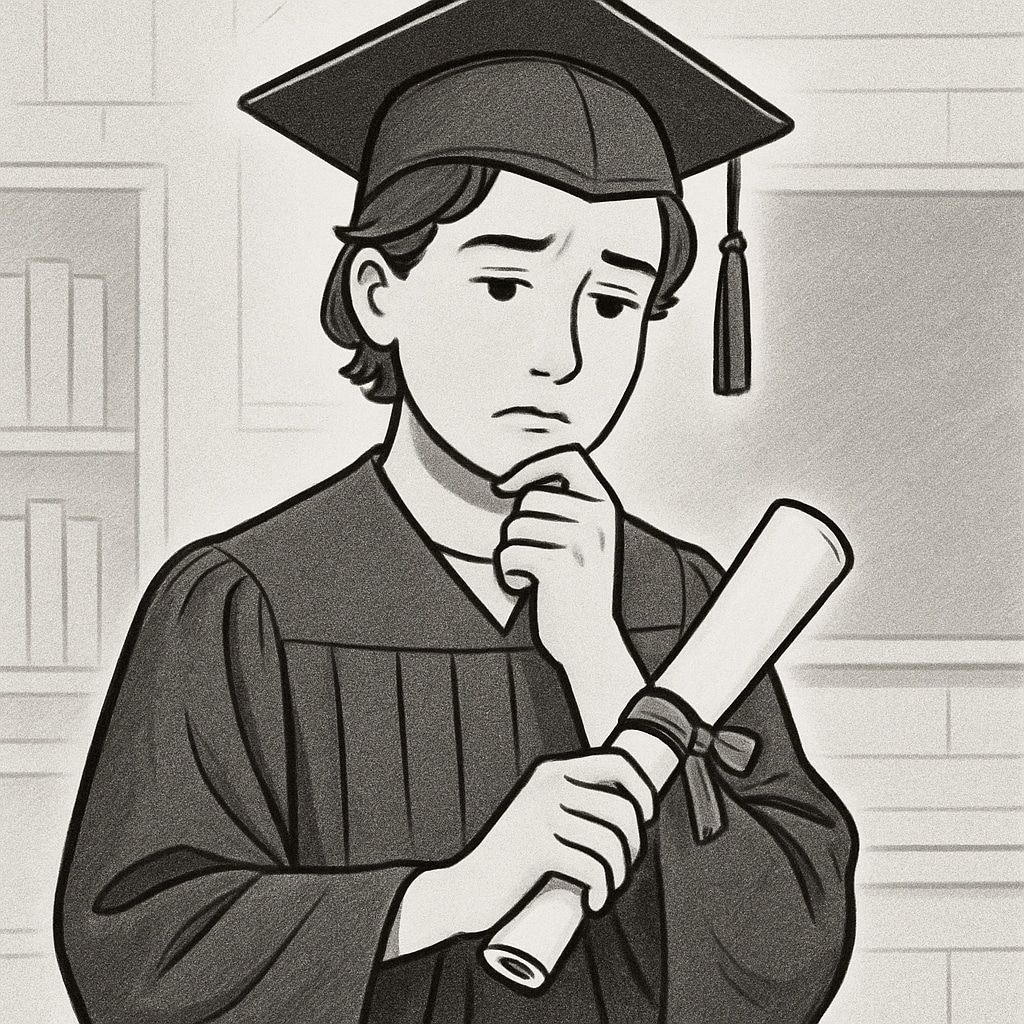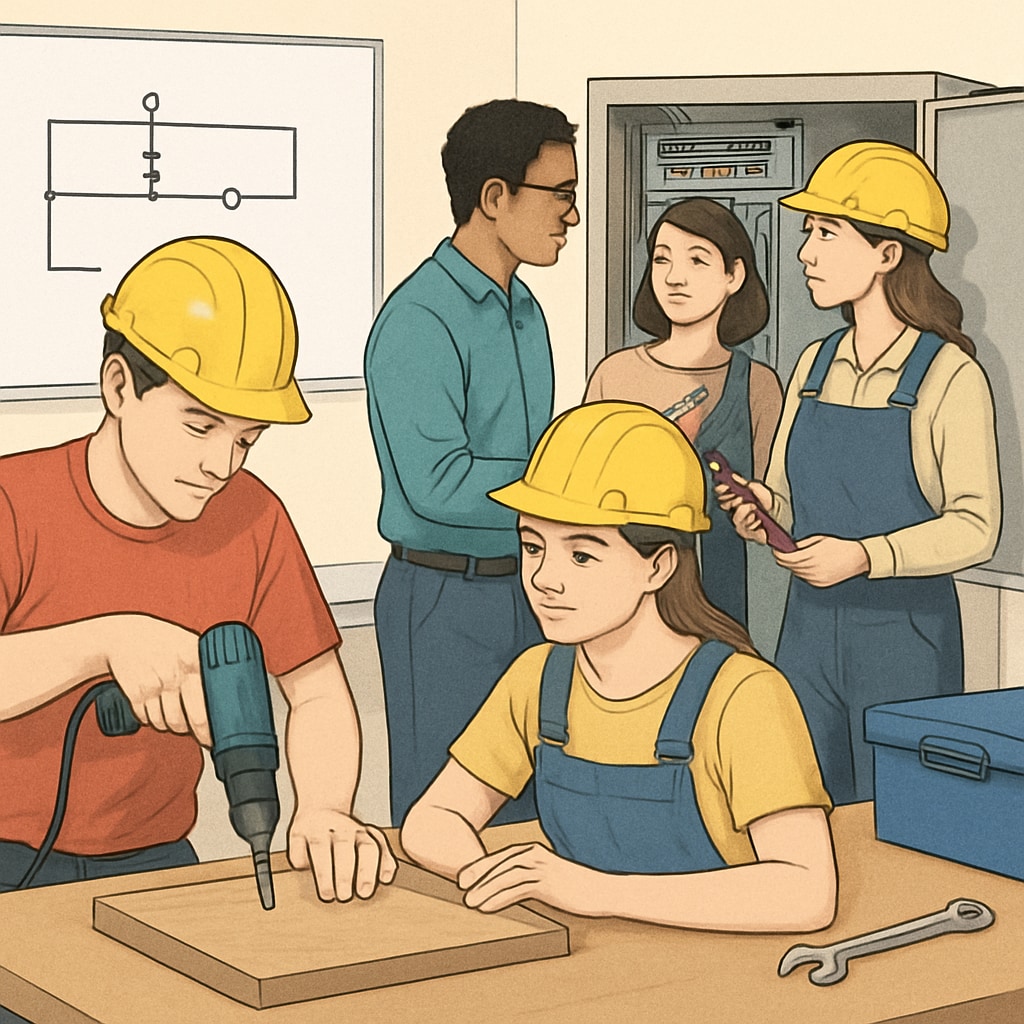For many students, earning a modified high school diploma comes with mixed emotions. While it represents the culmination of years of education, it can also bring feelings of regret, stigma, and uncertainty about the future. These challenges stem from the societal perception of modified diplomas as “lesser” qualifications, combined with the education system’s inability to accommodate diverse learning needs effectively. However, redefining self-worth and exploring alternative paths can open doors to new opportunities.
Understanding the Emotional Impact of Modified Diplomas
Graduates often experience regret due to the label attached to modified diplomas. This regret is compounded by the societal assumption that such diplomas indicate lower academic achievement or effort. As a result, individuals may feel isolated or unworthy, especially when comparing themselves to peers who earned traditional diplomas.
Furthermore, the stigma associated with modified diplomas can impact confidence and limit aspirations. For example, job applications or college admissions processes may seem daunting due to the fear of discrimination based on educational qualifications. These emotions often stem not from the individual’s capabilities but from systemic gaps in educational support.

Examining Systemic Issues in Education
The prevalence of modified high school diplomas highlights weaknesses in the education system. Many schools lack resources to provide personalized learning support, leaving students with unique needs at a disadvantage. Additionally, standardized testing often fails to reflect diverse intelligences, pushing some students toward alternative graduation pathways.
It’s essential to recognize that the diploma itself is not the problem but rather the lack of options and understanding surrounding it. For example, education systems often prioritize rigid benchmarks over fostering individual growth, leading to a one-size-fits-all approach that overlooks potential.
Redefining Self-Worth: Moving Beyond Labels
Graduates with modified diplomas can take proactive steps to redefine success and self-worth. Here are some strategies:
- Focus on Skills Development: Instead of fixating on the diploma, emphasize acquiring marketable skills through vocational training, certifications, or internships.
- Seek Mentorship: Connect with professionals who can provide guidance and encouragement, helping to build confidence and expand networks.
- Explore Alternative Education Paths: Consider online courses, community colleges, or programs tailored to individual interests and strengths.
- Practice Resilience: Adopt a growth mindset and view setbacks as opportunities for learning and improvement.
By shifting focus from the diploma to personal strengths and accomplishments, individuals can overcome the stigma and pave their way to success.

Unleashing Potential: Career and Personal Growth
Graduates should remember that success is not defined by a single piece of paper. Many successful individuals have overcome barriers by leveraging their unique talents and pursuing unconventional paths. For example, entrepreneurship, creative industries, and tech fields often reward skills and innovation over formal qualifications.
Moreover, building emotional resilience plays a vital role in unlocking potential. Support groups, therapy, or self-help resources can help graduates cope with the psychological impact of regret or stigma. In addition, exploring personal passions can lead to fulfilling careers and a sense of achievement beyond traditional metrics.
As society continues to evolve, the perception of educational qualifications is also shifting. Employers increasingly value soft skills, adaptability, and real-world experience. This trend creates opportunities for graduates to prove their capabilities and thrive in competitive environments.
In conclusion, a modified high school diploma should not limit an individual’s aspirations or self-worth. By acknowledging systemic shortcomings and embracing alternative paths, graduates can redefine success and grow into confident, capable individuals. The journey begins with recognizing that everyone’s story is unique and deserves to be celebrated.


